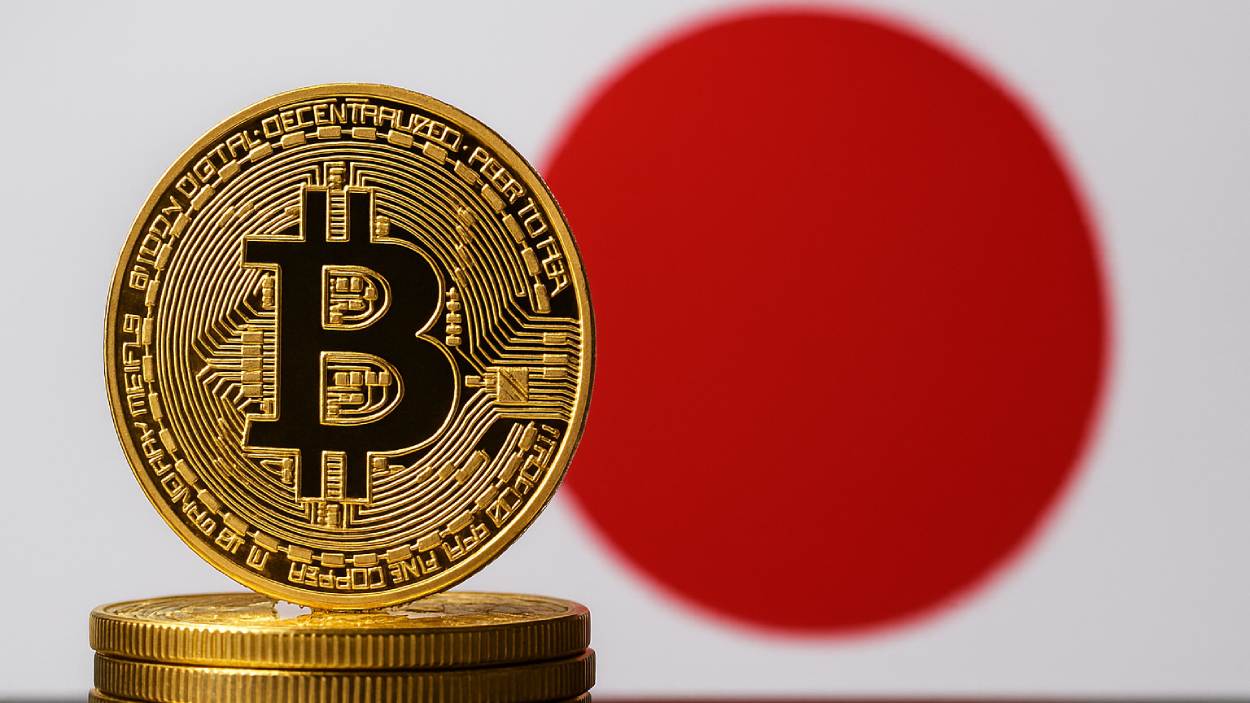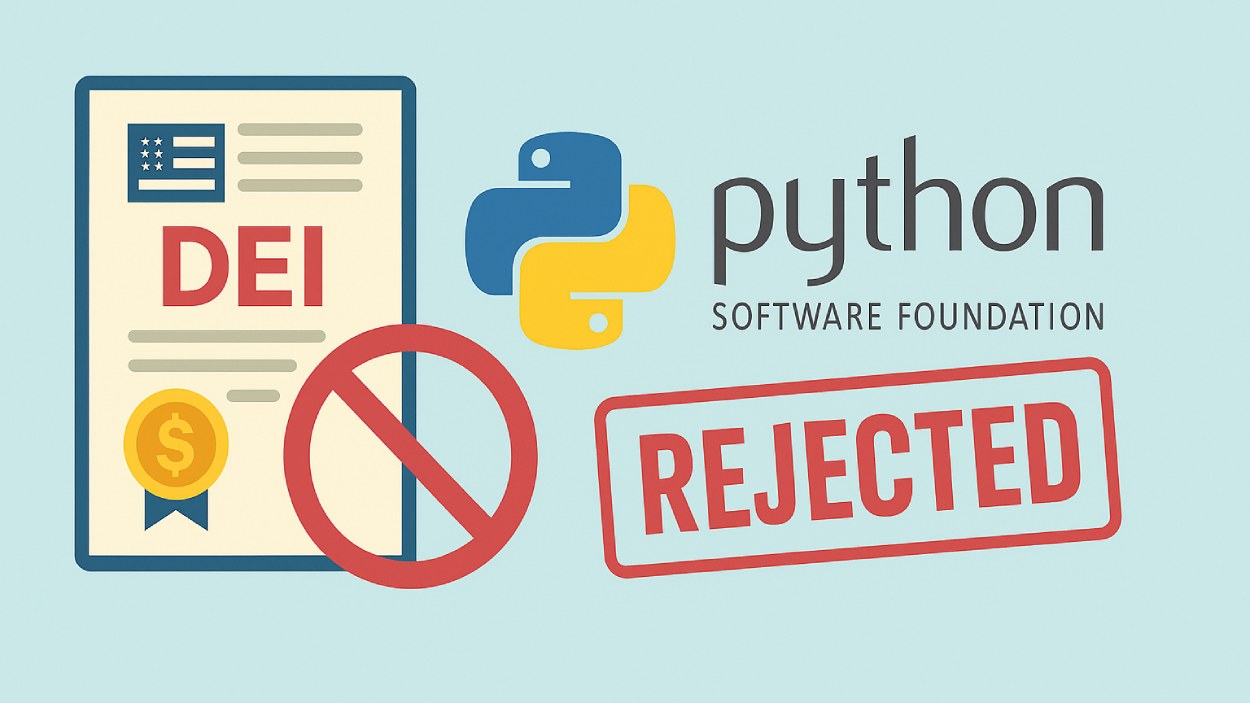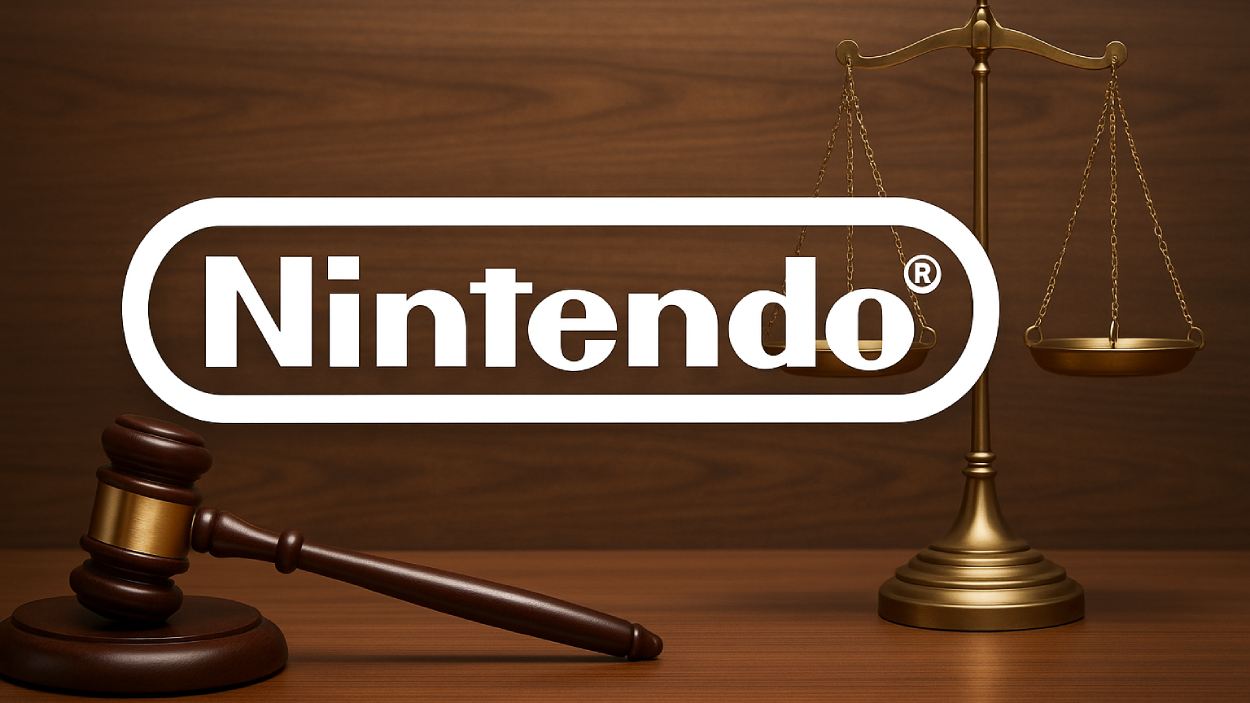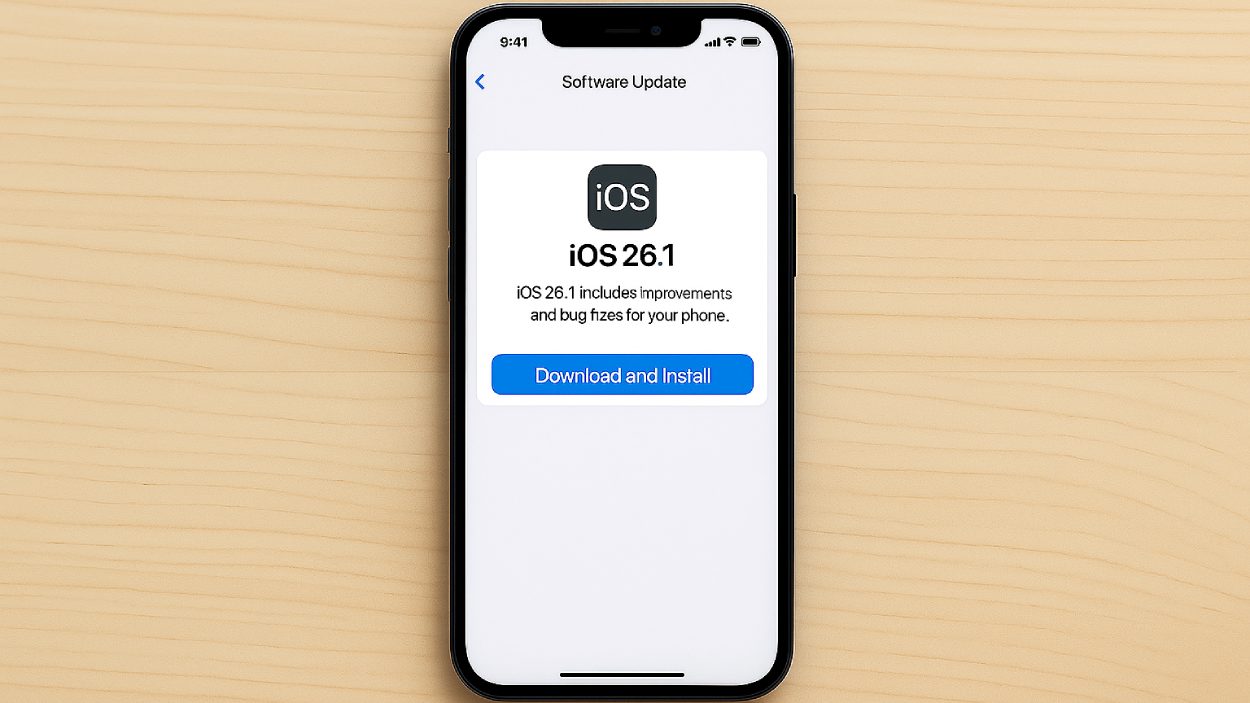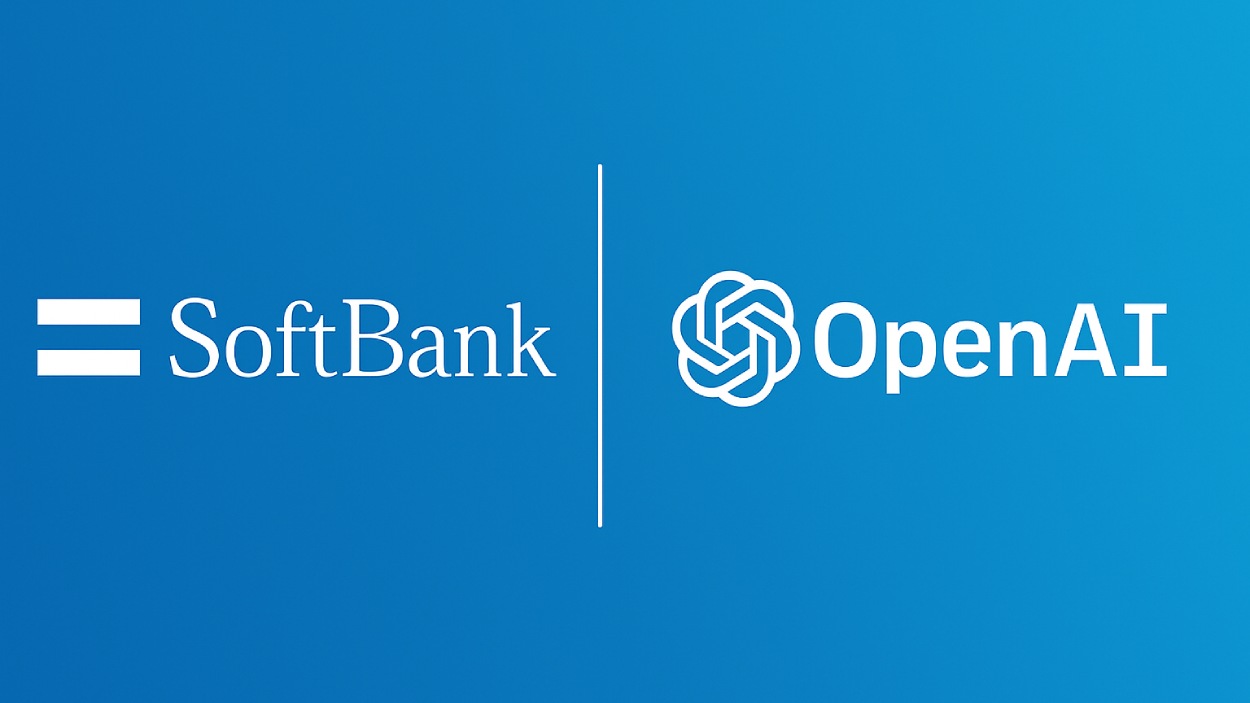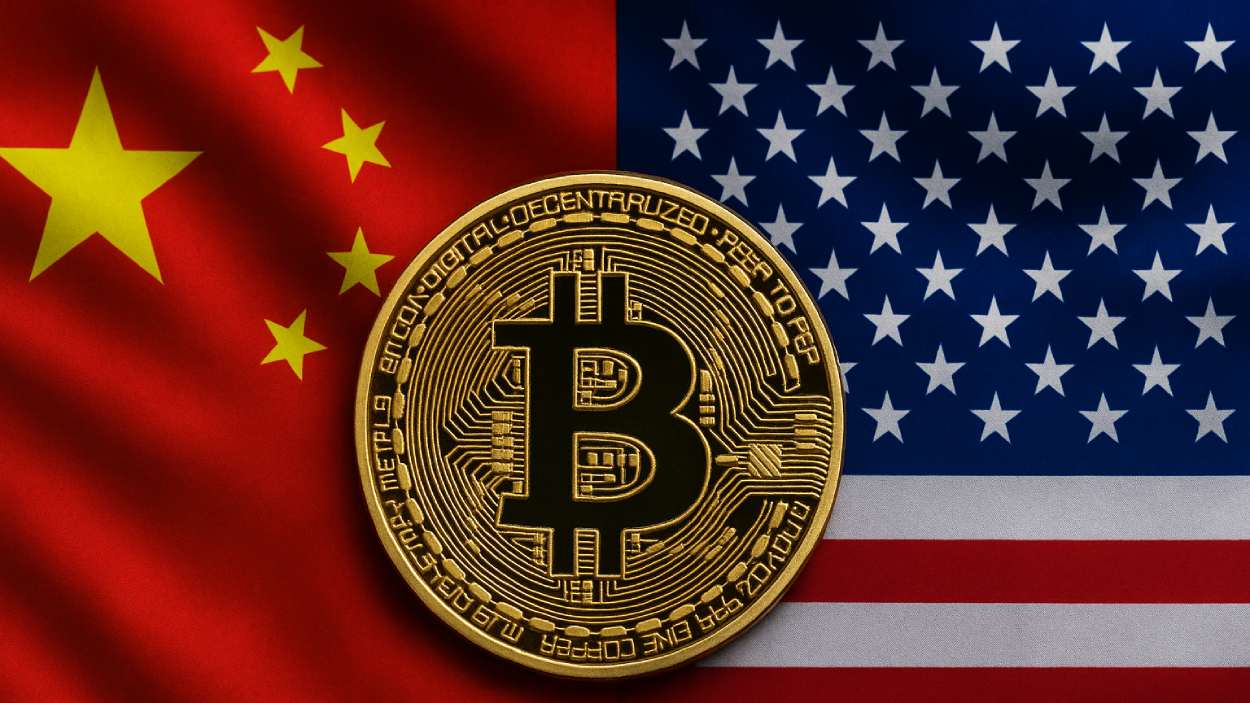Japan is preparing a major revamp of its crypto regulations, aiming to classify leading digital assets as financial products and introduce a friendlier tax regime.
Quick Summary – TLDR:
- The Financial Services Agency (FSA) plans to reclassify 105 cryptocurrencies, including Bitcoin and Ethereum, as financial products.
- A new flat 20% tax on crypto gains is proposed, replacing the current top rate of 55%.
- Exchanges will face strict disclosure rules about crypto asset risks, issuers, and blockchain technologies.
- New rules aim to curb insider trading by banning trades based on non-public material information.
What Happened?
Japan’s Financial Services Agency is finalizing plans that could reshape how crypto is treated under national law. According to reports from Asahi Shimbun, the FSA will reclassify Bitcoin, Ethereum, and 103 other digital assets as financial products, subjecting them to the Financial Instruments and Exchange Act. This overhaul will also introduce a flat 20% tax rate on crypto earnings, aligning with current stock trading rules.
Great step for Japan. 👏
— CZ 🔶 BNB (@cz_binance) November 17, 2025
Lower “fees” = more economic growth. pic.twitter.com/aPU7P5i98k
FSA Pushes for Crypto to Join Financial Mainstream
Under current rules, crypto profits in Japan are treated as “miscellaneous income,” which can be taxed as high as 55% depending on the individual’s income bracket. This has made trading cryptocurrencies domestically far less appealing, with many investors turning to offshore exchanges.
But the FSA wants to change that. If the reclassification goes through, all 105 designated cryptocurrencies will be taxed at a flat 20% rate regardless of profit size. This puts them on the same level as traditional financial instruments like stocks and bonds.
The selected coins were not chosen at random. The FSA reportedly used several criteria, including:
- Transparency of the project
- Financial stability and technical soundness
- Issuer reputation
- Volatility and risk assessment
Stricter Disclosure and Trading Rules Incoming
Beyond taxation, the FSA’s proposal introduces a major tightening of trading conduct. Exchanges listing these crypto assets will be required to disclose critical details, such as:
- Whether the coin has a known issuer
- The underlying blockchain technology
- Risk levels related to price swings
These rules mirror equity markets and aim to provide investors with a clearer picture of what they’re buying. More significantly, the FSA wants to outlaw insider trading of cryptocurrencies. That means anyone with access to non-public information, such as upcoming listings, delistings, or financial disclosures would be legally barred from trading on that knowledge.
This would be the first time Japan’s insider trading laws extend to the crypto sector, marking a big step toward regulatory parity with traditional finance.
Banks and Institutions May Soon Offer Crypto
In addition to individual investors, the proposed framework could also open new doors for institutions. The FSA is reportedly exploring ways for banks and insurance companies to sell crypto assets through their securities arms, giving retail investors access through familiar, regulated channels.
This could potentially boost domestic participation and make crypto investing more mainstream in Japan. It would also help keep trading activity onshore, rather than pushing it toward less regulated foreign platforms.
Reform Timeline and Regulatory Momentum
The proposed changes are expected to be submitted during the 2026 ordinary Diet session, meaning lawmakers have over a year to formalize the legislation. The Japan Virtual Currency Exchange Association (JVCEA) will continue to play a key role by managing a “green list” of approved coins, which currently includes 30 tokens such as BTC, ETH, XRP, LTC, and MATIC.
Japan’s cautious stance on crypto since the Mt. Gox collapse is starting to soften. Recent steps, including a yen-pegged stablecoin initiative and plans to let banks handle digital assets, show a shift toward embracing crypto as a core part of the nation’s Web3 strategy.
SQ Magazine Takeaway
I love seeing this kind of forward movement from Japan. Turning crypto into a regulated financial product with a fair tax rate is long overdue. The current 55% tax on gains is just too steep and has pushed too many traders offshore. A 20% flat tax is not only simpler, it’s fairer and finally puts crypto on par with stocks. Plus, cracking down on insider trading in this space is a no-brainer. It brings trust and legitimacy to a market that desperately needs both. This is the kind of bold, practical leadership that other countries should be watching.

